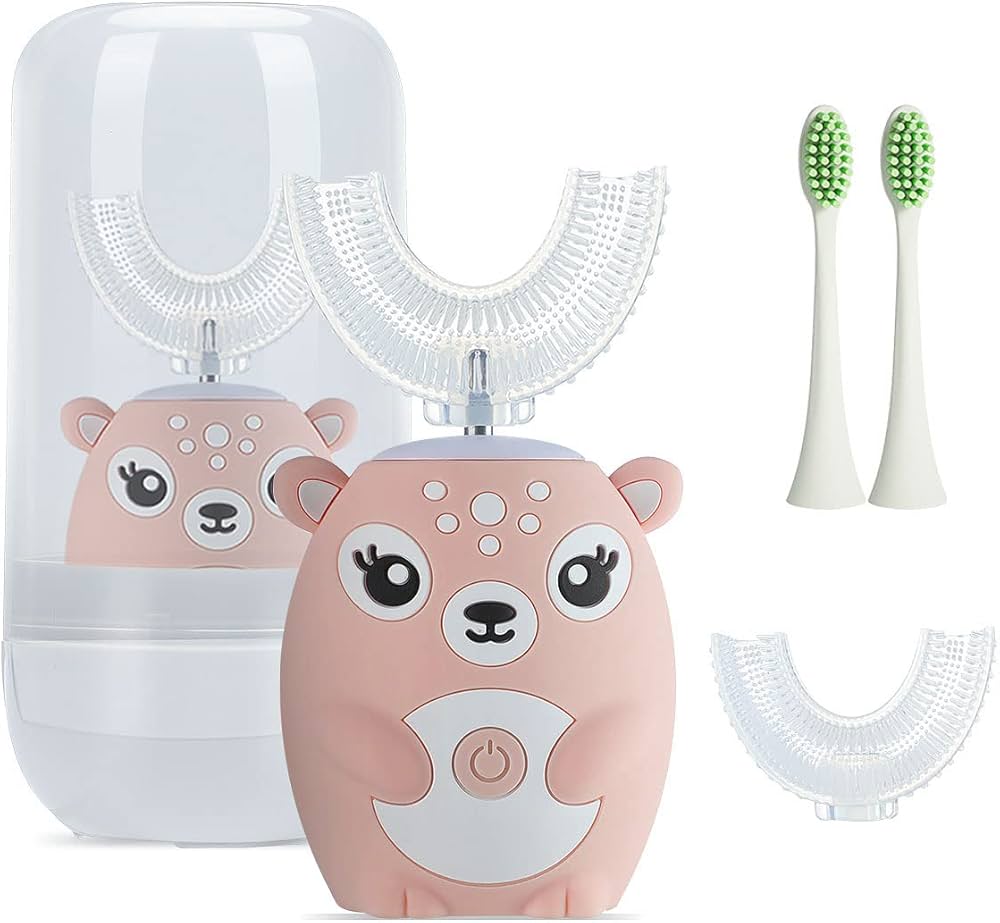A Comprehensive Guide to Choosing the Best Teeth Cleaning Tools for Children

When it comes to maintaining good oral hygiene for children, choosing the right teeth cleaning tools is essential. With a plethora of options available in the market, it can be overwhelming to decide which tools are best suited for your child's needs. This comprehensive guide will help you navigate through the various factors to consider when selecting the best teeth cleaning tools for children.

What are the key factors to consider when choosing teeth cleaning tools for children?
1. Age-appropriate: It is crucial to select tools that are suitable for your child's age. Younger children may require softer bristles and smaller brush heads to ensure gentle cleaning.
2. Size and grip: Opt for tools with ergonomic handles that are easy for children to hold and maneuver. The size of the toothbrush should be appropriate for your child's mouth to ensure effective cleaning.
3. Bristle type: Choose toothbrushes with soft bristles to prevent damage to the gums and enamel. Soft bristles are gentle yet effective in removing plaque and food particles.

Which teeth cleaning tools are recommended for children?
1. Electric toothbrushes: Electric toothbrushes can be a fun and effective way to encourage children to brush their teeth regularly. Look for brushes with small brush heads and soft bristles for optimal cleaning.
2. Fluoride toothpaste: Fluoride toothpaste is essential for strengthening the enamel and preventing cavities. Use a pea-sized amount of fluoride toothpaste for children under six years old.
3. Floss picks: Floss picks are convenient for children to use, especially if they have trouble using traditional floss. Encourage your child to floss daily to remove food particles and plaque between teeth.

How can parents ensure proper oral hygiene for their children?
1. Supervise brushing: Parents should supervise their children's brushing routine to ensure they are using the correct technique and spending an adequate amount of time cleaning their teeth.
2. Regular dental check-ups: Schedule regular dental check-ups for your child to monitor their oral health and address any issues early on. A dentist can provide guidance on proper oral hygiene practices.
3. Lead by example: Children learn by example, so make sure to demonstrate good oral hygiene habits yourself. Brush and floss your teeth together with your child to make it a fun and interactive experience.
By considering these factors and recommendations, you can make an informed decision when selecting the best teeth cleaning tools for your children. Remember, good oral hygiene habits established in childhood can lead to a lifetime of healthy smiles.
www.daash.net


